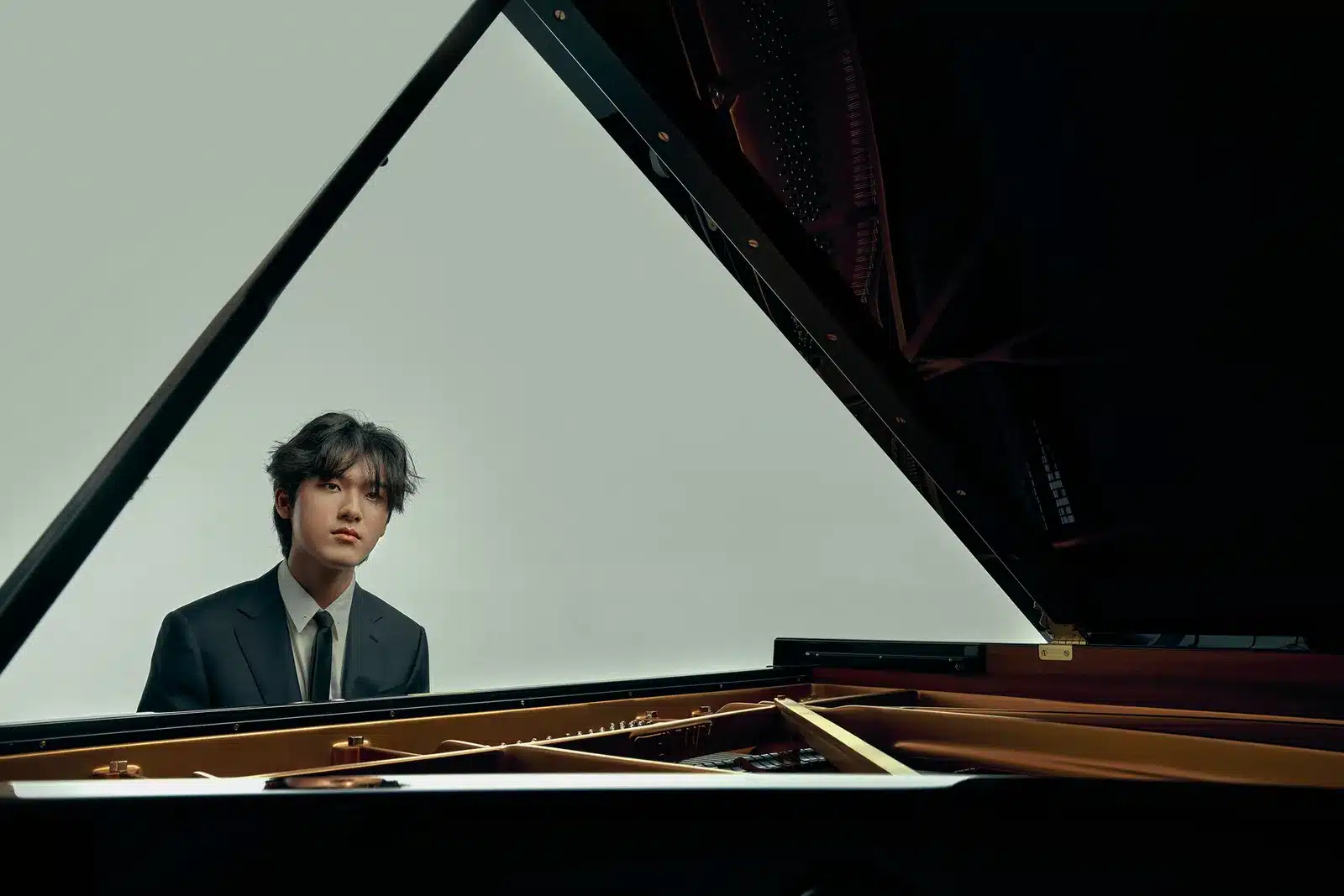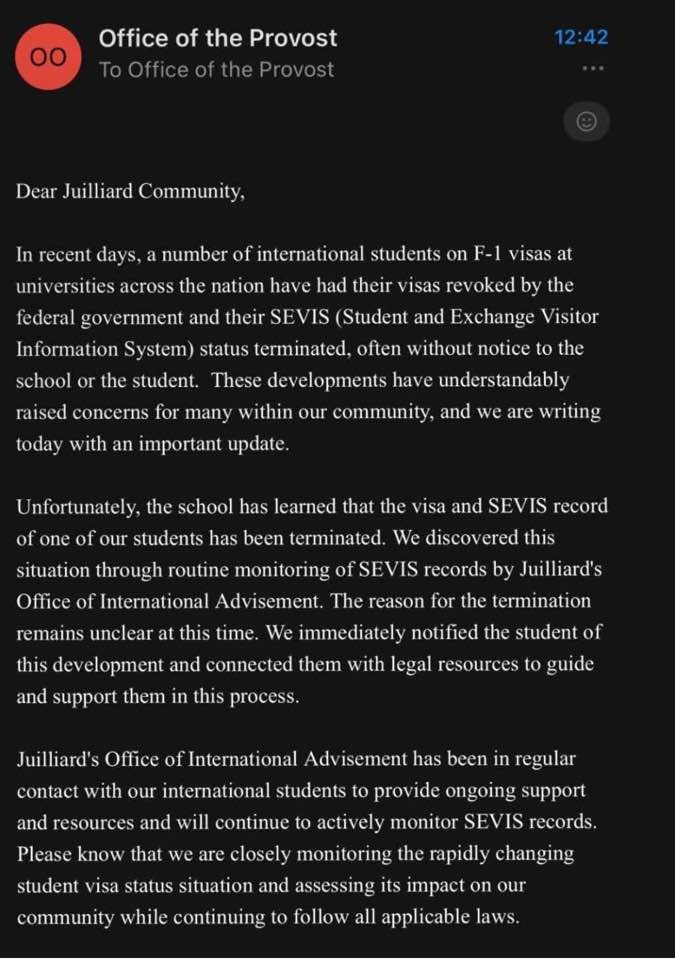Breaking: Piotr Beczala dumps DG for the Dutch
mainThe Polish tenor has signed an exclusive, multi-album contract with Pentatone.
He is the second international artist in a week to switch from a Universal label to the Dutch indy.
Something’s going on.

pic: Beczala signing for DG in 2012
Beczala said today: ‘I truly look forward to a new challenge and to this collaboration with PENTATONE – a company with a glorious past that now seems ready for a bright future. I look forward to working with an enthusiastic team that understands the modern age, but also cherishes traditional values. This combination creates fabulous prospects for beautiful recordings. Stay tuned!’





Comments